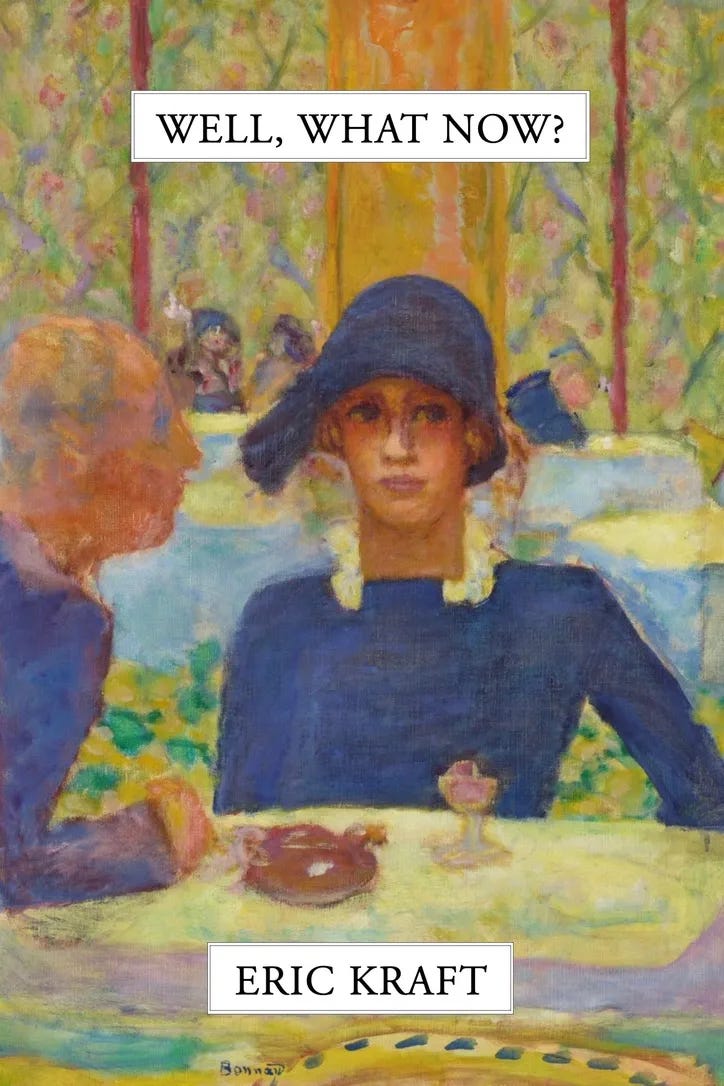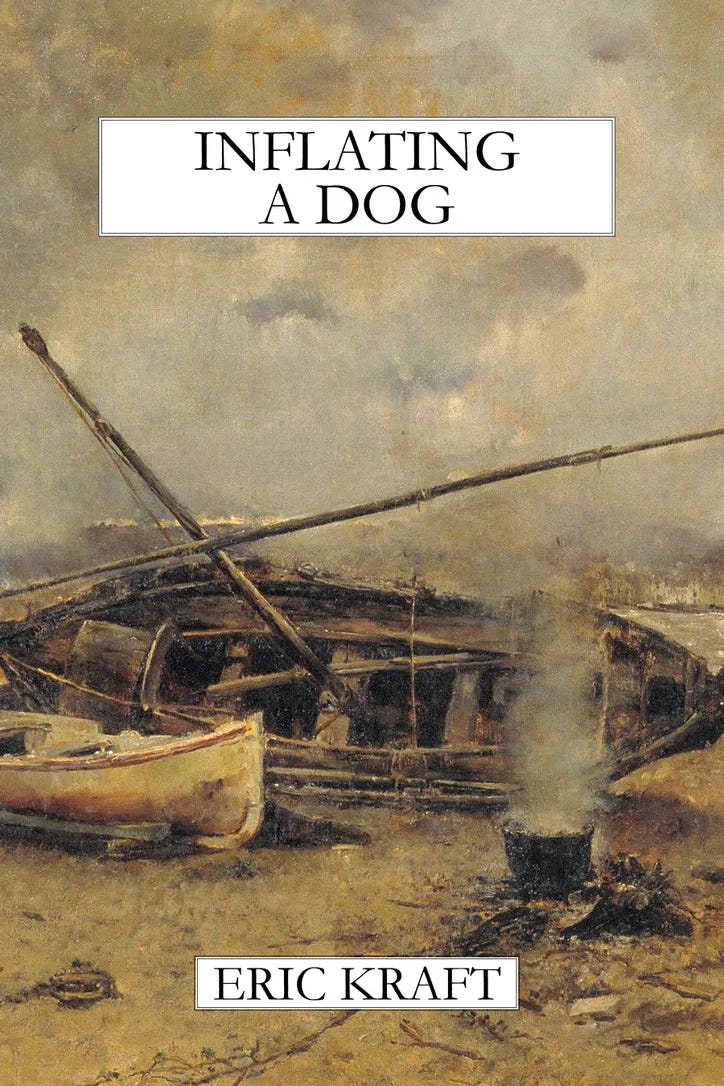1040: Bastardy has been . . .
Inflating a Dog, Chapter 1 begins
Chapter 1
On Being a Bastard
BASTARDY has been good to me. I don’t actually know that I am a bastard, but I’ve tried legitimacy and I’ve tried bastardy, and, on the whole, bastardy has been more rewarding.
For one thing, bastardy gave me the inspiration for the first doo-wop song I wrote, although, because it was a subtle piece of work for a kid my age, no one but I noticed that it was about bastardy. It began like this:
Woh-oh, woh-oh-oh-ohhh,
There’s a space between
What you say and what you mean.
And it went on like that for quite a few lines before ending like this:
Woh-oh, woh-oh-oh-ohhh,
There’s a space between
Who I am and who you say I am.
Woh-oh, woh-oh-oh-ohhh,
That’s where the shadows fall.
Woh-oh, woh-oh-oh-ohhh,
And where the shadows fall,
Anything can happen
Anything at all.
Woh-oh, woh-oh-oh-ohhh,
Bah doobie doo wah.
I sang it to Patti Fiorenza one afternoon when I was walking her home from school. Patti was not the sort of girl who blushed easily, but I thought I saw the color rise in her cheeks as I sang, and I interpreted the cause of her coloring as embarrassment, arising from her recognition of the theme, a controversial one at that time.
“What do you think?” I asked.
“I think, um, I think there’s too much ‘woh-oh, woh-oh-oh-ohhh,’” she said.
“Really?” I said. I didn’t want to argue with her, though I disagreed with her. In the entire song “woh-oh, woh-oh-oh-ohhh” accounted for only fifteen lines out of forty, not too many at all.
“Yeah,” she said, “and — ” She seemed reluctant to go on, and this time I was certain I saw her blush.
“That’s okay,” I said. I touched her hand. “You don’t have to say anything else.”
“It’s just that — I — I really think I should tell you that — you really can’t sing, you know?”
The adorable little thing. The song apparently embarrassed her so much that she couldn’t even bring herself to admit that it embarrassed her.
“Well,” I said, seizing the opportunity that she had given me, “in that case, why don’t you sing it? Why don’t you sing it with the Love Notes?”
Eventually she did, after some rewriting that cut six “woh-oh, woh-oh-oh-ohhh” lines, and it became popular enough at high school dances that soon most of Babbington knew — in a subtle, almost subconscious way — that I considered myself a bastard.
Hasn’t every boy everywhere at some time wondered whether he might be the child of some man other than his declared father? I think so. At some time or other, I think, every one of us suspects either that the beer-swilling Yahoo sitting in the living room watching television, the one who claims the perquisites of fatherhood, he who must be obeyed, must be a fraud, a usurper who has ousted our real father from the nest, or that the poor sap drowning his sorrows with beer and old jokes must have been defrauded, must be a cuckold, and that our real father, a dashing figure, a rogue, a restless profligate, is out somewhere roaming the world making conquests and siring our siblings.
I certainly wondered whether that might not be the case in my case. Some nights, many nights, I would slip from bed, creep partway down the stairs, and sit silently there, where I had a view down along the length of the living room, and I would spend some time observing Bert Leroy in the flickering television light, looking for some sign that would convince me one way or the other, and though I never saw anything that constituted incontestable proof, just the sight of him sitting there slack-jawed and gaping was enough to send me back to bed shaking my head and asking myself, “How on earth could I be the son of that fool?”
We have only a couple of options if we want to alter our beliefs about our paternity. We can decide that we were adopted, or we can decide that we are bastards. I favored bastardy because it brought with it an illicit, romantic, and passionate history, a history far more attractive and desirable than adoption could have provided, with its official procedures and forms in triplicate. Choosing bastardy also seemed like a nice thing to do for my mother; not only did it improve my paternity but also her love life, inserting into her past a wonderful night when, with someone handsome and clever, she conceived me. Cue the moonlight, please. Woh-oh, woh-oh-oh-ohhh.
I began testing Bert, the man who claimed to be my father, by calling him “Dad,” with a pair of oral quotation marks that called into question his right to the title. He ordinarily called me Peter, but after a couple of weeks of “Dad” he began calling me “Son,” and I decided to think that he was confirming what I suspected. To my surprise, my relationship with him began to improve. I felt sorry for the guy, I guess.
[to be continued]
Subscribe to The Personal History, Adventures, Experiences & Observations of Peter Leroy
Share The Personal History, Adventures, Experiences & Observations of Peter Leroy
Watch Well, What Now? This series of short videos continues The Personal History, Adventures, Experiences & Observations of Peter Leroy in the present.
Have you missed an episode or two or several?
You can begin reading at the beginning or you can catch up by visiting the archive or consulting the index to the Topical Guide. The Substack serialization of Little Follies begins here; Herb ’n’ Lorna begins here; Reservations Recommended begins here; Where Do You Stop? begins here; What a Piece of Work I Am begins here; At Home with the Glynns begins here; Leaving Small’s Hotel begins here.
You can listen to the episodes on the Personal History podcast. Begin at the beginning or scroll through the episodes to find what you’ve missed. The Substack podcast reading of Little Follies begins here; Herb ’n’ Lorna begins here; Reservations Recommended begins here; Where Do You Stop? begins here; What a Piece of Work I Am begins here; At Home with the Glynns begins here; Leaving Small’s Hotel begins here.
You can listen to “My Mother Takes a Tumble” and “Do Clams Bite?” complete and uninterrupted as audiobooks through YouTube.
You can ensure that you never miss a future issue by getting a free subscription. (You can help support the work by choosing a paid subscription instead.)
At Apple Books you can download free eBooks of Little Follies, Herb ’n’ Lorna, Reservations Recommended, Where Do You Stop?, What a Piece of Work I Am, At Home with the Glynns, and Leaving Small’s Hotel.
You can buy hardcover and paperback editions of all the books at Lulu.
You’ll find overviews of the entire work in An Introduction to The Personal History, Adventures, Experiences & Observations of Peter Leroy (a pdf document), The Origin Story (here on substack), Between the Lines (a video, here on Substack), and at Encyclopedia.com.




